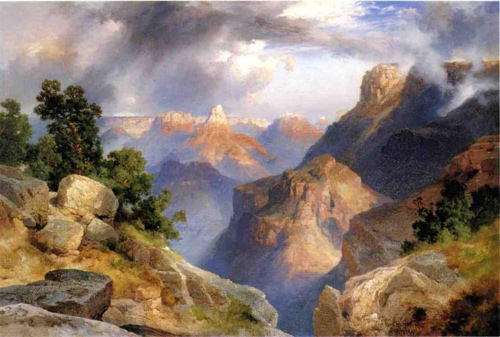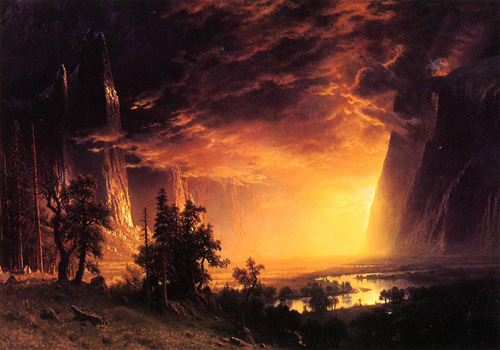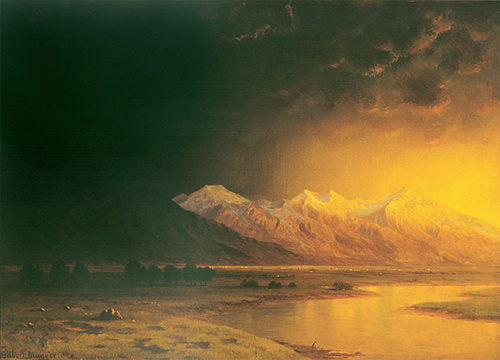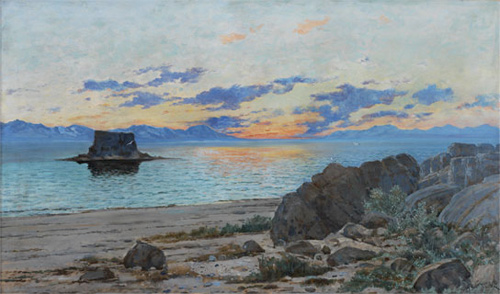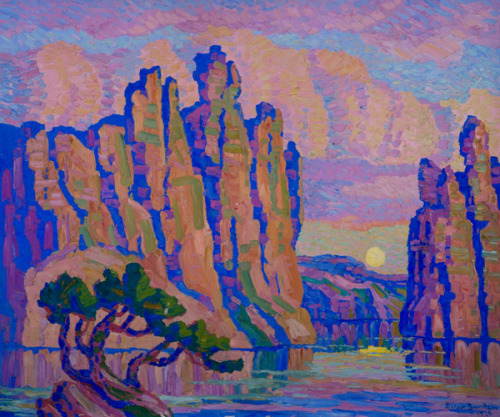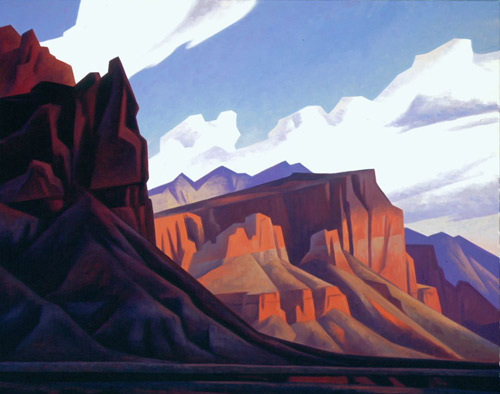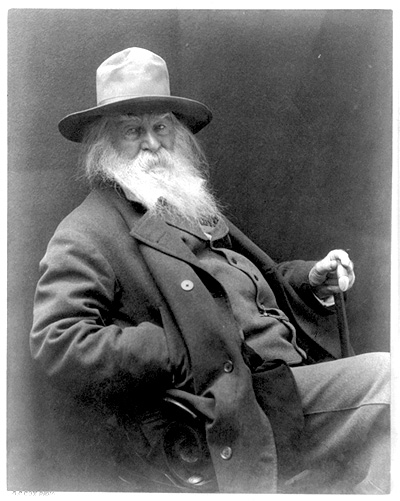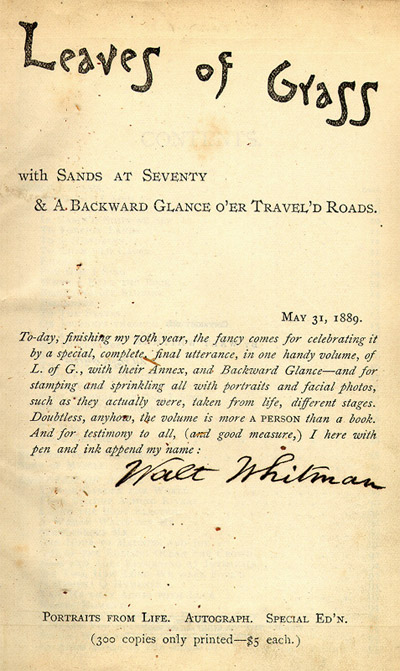Impressions of the West: D.H. Lawrence
 Saturday, April 30, 2011 at 8:19PM Tweet
Saturday, April 30, 2011 at 8:19PM Tweet 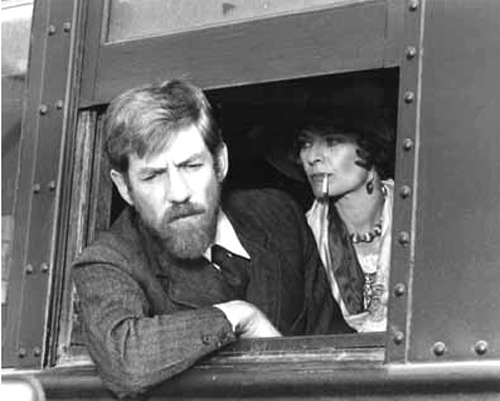
Credit: texasswimming.blogspot.com
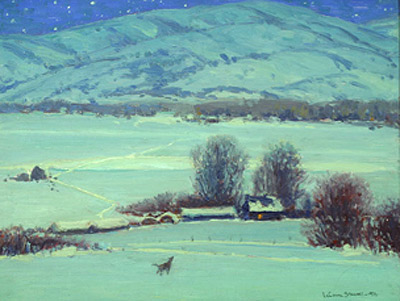 LeConte Stewart, Private Collection
LeConte Stewart, Private Collection
"In a cold like this, the stars snap like distant coyotes, beyond the moon. And you'll see the shadow of actual coyotes, going across the alfalfa field. And the pine trees make little noises, sudden and stealthy, as if they were walking about. And the place heaves with ghosts. That place, the ranch, heaves with ghosts. But when one has got used to one's own home-ghosts, be they never so many, and so potent, they are like one's own family, but nearer than the blood. It is the ghosts one misses most, the ghosts there, of the Rocky Mountains, that never go beyond the timber and that linger, like the animals, round the water-spring. I know them, they know me: we go well together. But they reproach me for going away. They are resentful too."
From D.H. Lawrence, Mornings in Mexico, 1927
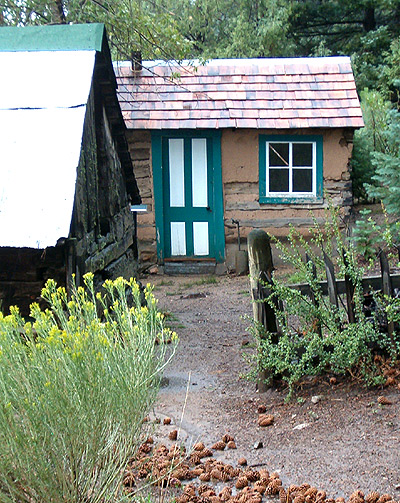
D.H. Lawrence Ranch. Credit: 343.com
Perhaps the snow is in tufts on the greasewood bushes. Perhaps the blue jay falls in a blue metallic cloud out of the pine trees in front of the house, at dawn, in the terrific cold, when the dangerous light comes watchful over the mountains, and touches the desert far-off, far-off, beyond the Rio Grande.
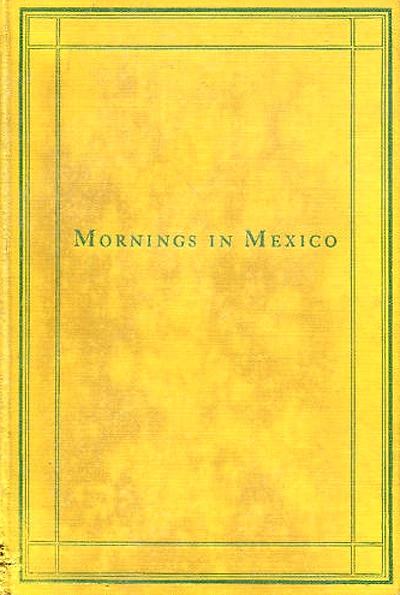
Mornings in Mexico by D.H. Lawrence. First published 1927. Credit: ebay.com

